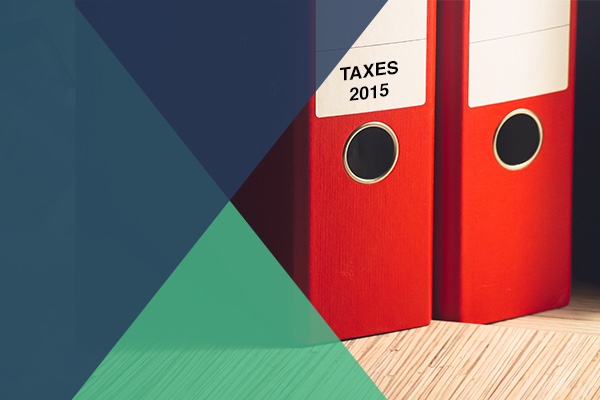 If you are like the majority of people, tax season puts you in a bad mood, and you just want to get through it.
If you are like the majority of people, tax season puts you in a bad mood, and you just want to get through it.
If you have a negative view of taxes, it may be because you face some less-than-optimal decisions when tax season comes around. Now is the time to start making changes so you don’t wind up in the same position next year. Here are four ways to get ready:
1. Take Control.
You can’t control everything, but you decide how prepared you are for future financial moves. Talk to a professional about financial decisions before you act on them. If you know you’ll buy a new house in the coming year, be prepared for how it will affect your taxes.
Every year, we meet with people who are quick to sell property or stock options, even though they’re not educated on how this will affect their taxes.
If you don’t understand how taxes on Restricted Stock Units (RSUs) work — namely, that your taxes are calculated and withheld by your company as soon as your units vest — you could end up paying higher taxes than necessary. Watch our video on the subject for more information.
The same goes for Incentive Stock Options (ISOs). Rather than treating ISOs as long-term gains, you might sell them early without knowing the damage you could be doing. If you hold ISOs at least two years from granting and then one year from when exercised, you don’t have to pay ordinary income taxes on them. If you sell early, you lose out on that benefit.
Employee Stock Purchase Plans (ESPPs) and non-qualified stock options have their own terms and favorable tax treatment. If you don’t understand the holding periods on these options, you might not receive the long-term capital gains you want when the shares are sold.
2. Simplify, simplify, simplify.
If you had hundreds of millions of dollars, you might take a complex route for taxes on your carried interest and capital gains. But if you’re reading this, you probably don’t have that kind of money, in which case the simplest approach would be better for you.
The irony is this: nobody wants their taxes to be complex, yet we often trick ourselves into thinking the complex route is the right route for some reason or other. Don’t be fooled.
3. Use technology that’s available to you.
Self-employed people, I’m looking at you. Bringing your tax professional a gigantic box full of receipts at the end of the year will only lead to headaches for everyone. In addition, this approach leaves you in the dark regarding your tax situation until you get all those receipts added up.
Several high-quality applications could track these expenses for you. Just download one, add your accountant as a user, and they have automatic access to every receipt you get so the next time you meet, you can review a balance sheet and figure out if you’re on track.
4. Give your advisor the rundown on the coming year.
Many accountants focus only on the past. That makes sense, since a big part of taxes is the past: What did you earn last year? Where in your portfolio will you be taxed?
But this leaves out an important question: “What changes do you see coming up this year?”
You should plan ahead for whatever changes are on the horizon. Whatever your situation — maybe you’re getting married this year or having a child — you should prepare for how that will affect your taxes now so you’re not surprised when tax time comes around again.
This is also a great opportunity to debrief with your financial advisor. What did you do right last year? What could improve in the coming year? Nobody knows your finances better than your advisor, so use that knowledge to your advantage. If your advisor doesn’t do your taxes for you, that might make this conversation a little more difficult.
We work with our clients year-round and take care of their taxes, so we have a pretty deep understanding of what works and what doesn’t in their investing and tax strategies. We also handle tax loss harvesting, making sure stock options are properly handled, and keeping their portfolios balanced.
One of the most important things we can do with any client is debrief on the previous year and plan for the coming year. It keeps everybody ahead of the game.
So don’t forget about taxes until this time next year. It will be a headache and it could wind up costing you quite a bit.
Want to talk about how your tax strategy could be improved? Contact FPC today.




